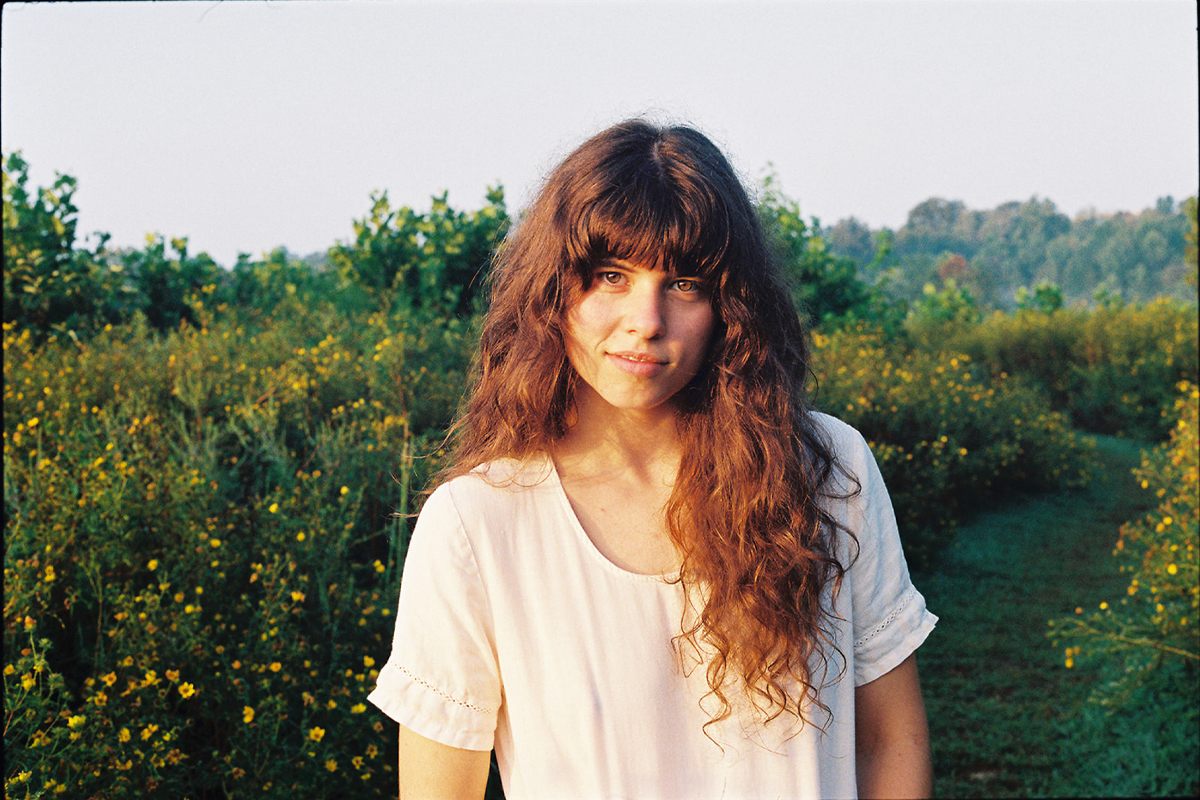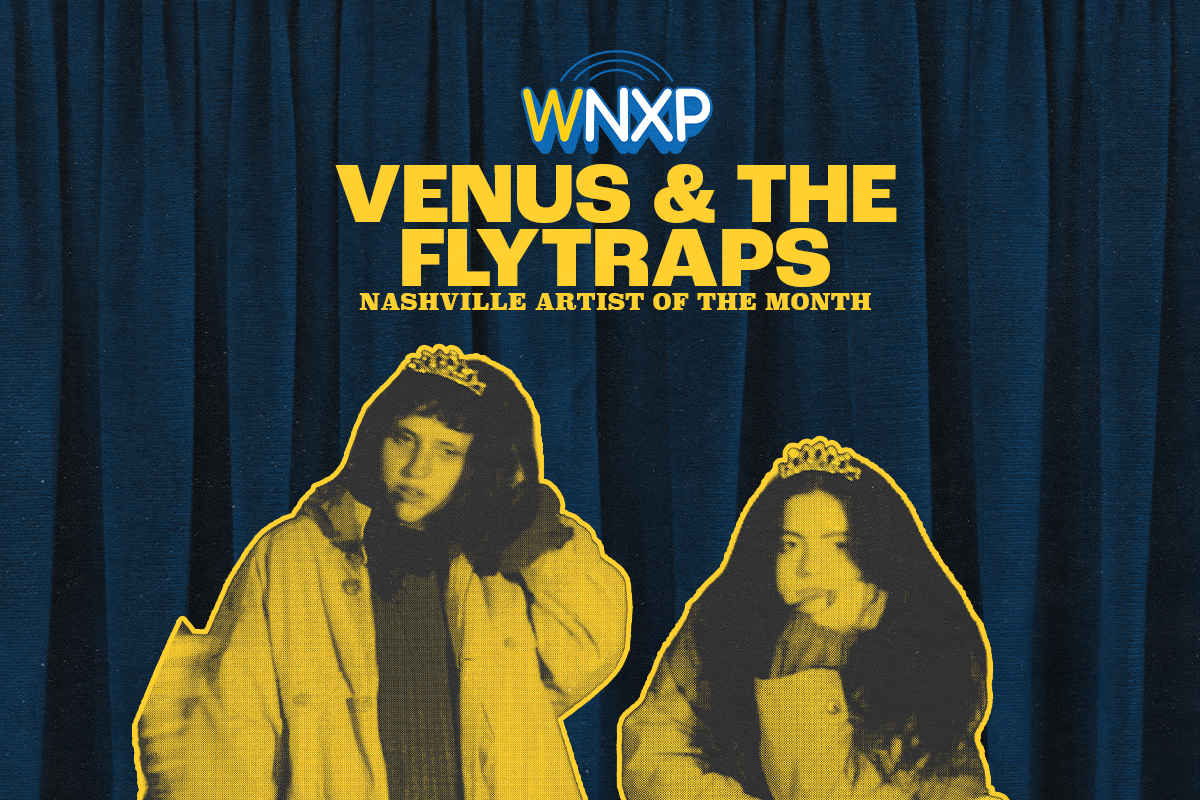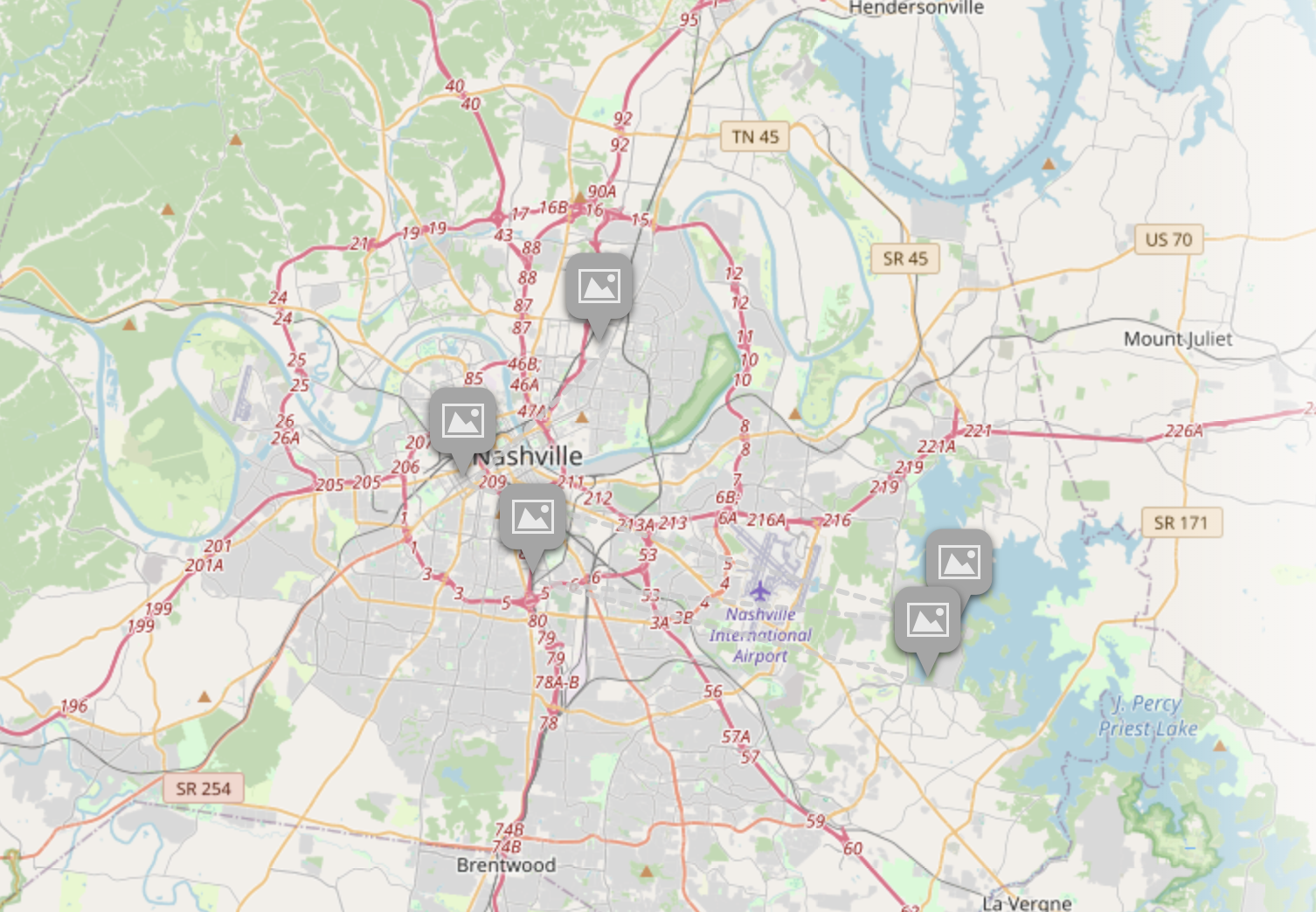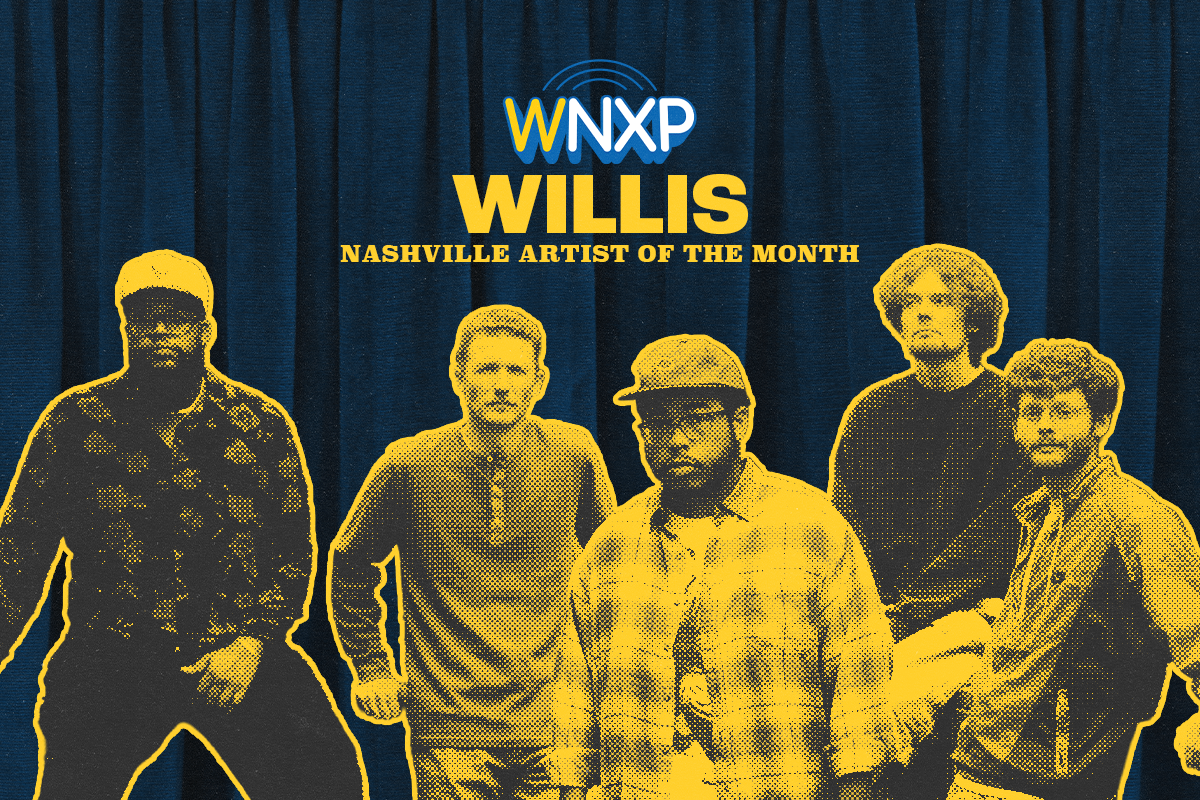On summer mornings Emily Hines is up at daybreak harvesting the season’s fruits and vegetables. This year she’s also been tending to the garden of song. Her debut album These Days was picked up for national release through a process as organic as everything else she does.
When Emily Hines was five years old in Cincinnati, a family of four approached her parents and said that they needed a place to stay for a while. Hines is the youngest of six, so there were already eight people squeezed into their house. But her father was a family doctor who’d taken an oath to look out for others. So the siblings bunked up and the household made room. The mother of the visiting family taught Hines how to play piano during her stay in the house. Later, some musicians came through for a stint. They taught her brother how to play guitar.
The house was a folksy storybook revolving door of transients and artists living in community.
But then when she was seven years old, the family received terrible news that her mother had cancer. Doctors gave her a 25% chance of survival. “My brother and I wrote our first songs together for her when she was going through her surgery process. When she came home we presented them to her on our little karaoke machine microphone. That was my first connection with songwriting on my own,” she told us.
Her mom survived.
To make a new start, the family moved out to the country. The family built new chicken coops and tended a huge garden with lots of produce. It was a new kind of ecosystem. Inspired, Hines went to school at Trevecca Nazarene University in Nashville to study Urban Ecology and started harvesting produce in local farms.
Her album These Days started while she was picking vegetables.
“ I do feel like farming for you, like when you’re spending a lot of time outdoors, like in nature writing typically comes like, like there seems to be a correlation with you between farming and being outside and the songs that come out, you know.”
That’s the album’s producer, Henry Park. Instead of going through a completely digital recording process, Hines and Park used a more rudimentary tool from 1986. “Look at this thing,” said Hines, in her Radnor home studio. “This is a Tascam port one four-track tape recorder.”
Hines and Park recorded into the cassette recorder, giving the recordings a sense of imperfection and warmth. Hines voice is delicate with a slight Appalachian lilt. Her vocal delivery takes inspiration from folk vocalists Joni Mitchell and Karen Dalton. The delivery is gentle. “I’ve always been drawn to music that comforts and consoles. Because there just naturally is so much to grieve in this world. We need spaces to come together and like acknowledge that grief together.”
When the album was finished, Hines released it online without much fanfare. But it found the right ears.
“ It bowled me over. I was really blown away with just how fully realized the record is it just how it really creates this world.” That is Tony Presley, the founder of Austin, Texas record label Keeled Scales, who heard the song “Cedar on the River” through a UK based music blog. “I just found it to be really, really beautiful.”
He reached out to Hines via Instagram DM and they signed a deal. No big viral moment or celebrity endorsement. Just the power of the song. ”I don’t really hear stories like that anymore. I always hear, you know, independent artists like really hustling so that they can get a following so that they get attention from a label. And then the label kind of steps in when the train’s already moving. But this, this album release was so much more organic and word of mouth.”
In early August, Keeled Scales put out These Days. Hines celebrated with a show at the Blue Room in downtown Nashville. The audience reflected the old house. There were kids running around and at one point the whole crowd sang “Happy Birthday.”
“ I want do everything I can to take care of my community and promote peace. And I think growing food is a great way to do that. That’s always coincided with why I make music — because I love people. I want to connect with them and see communities that are strong and healthy and flourishing” she says.




